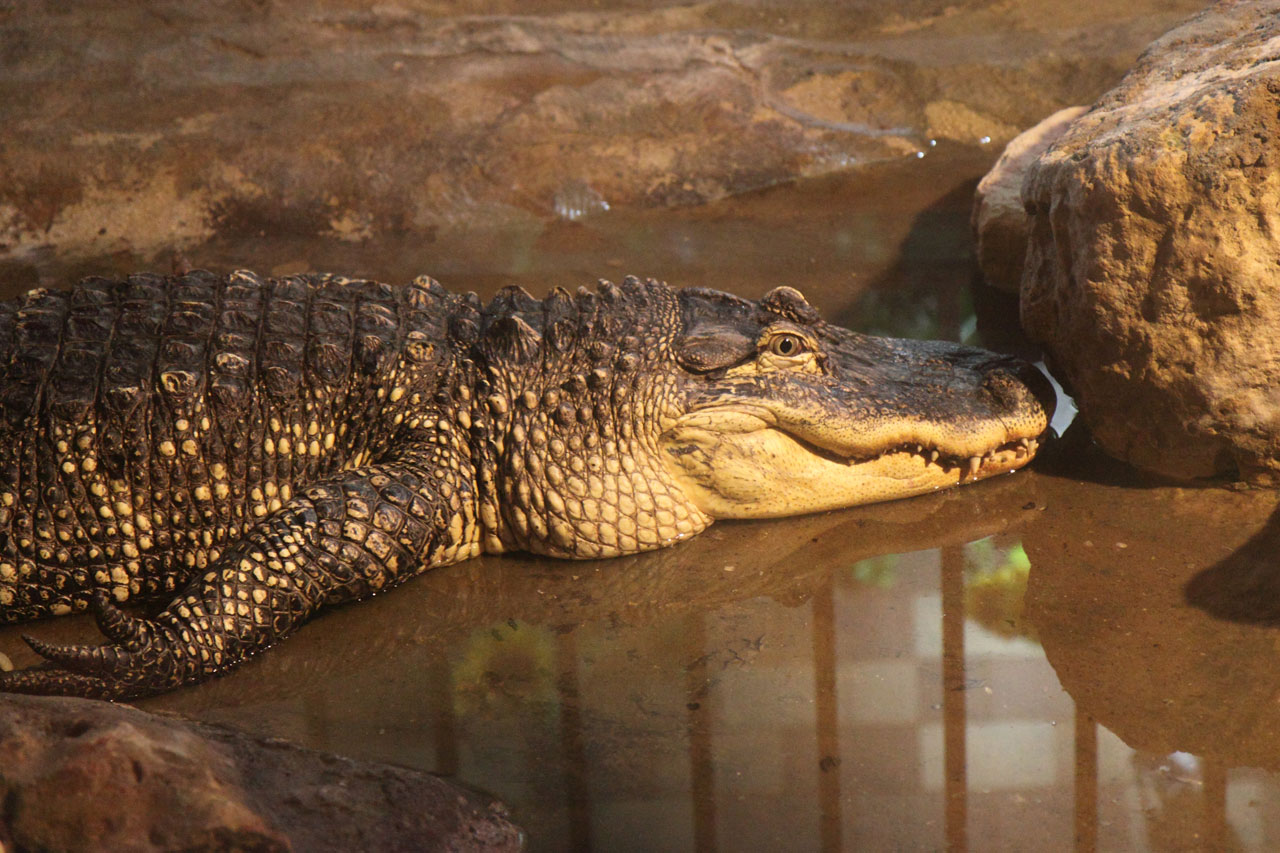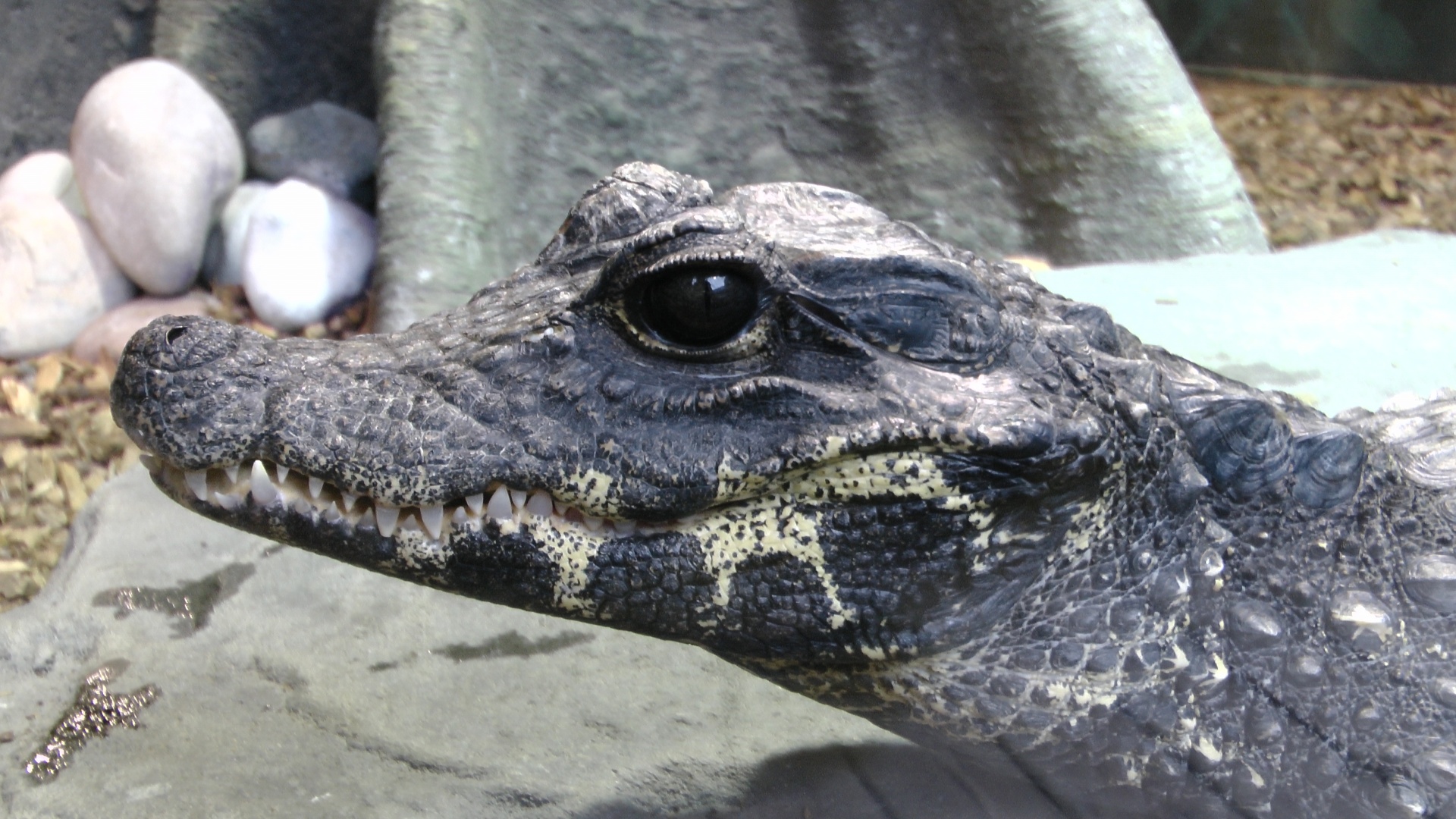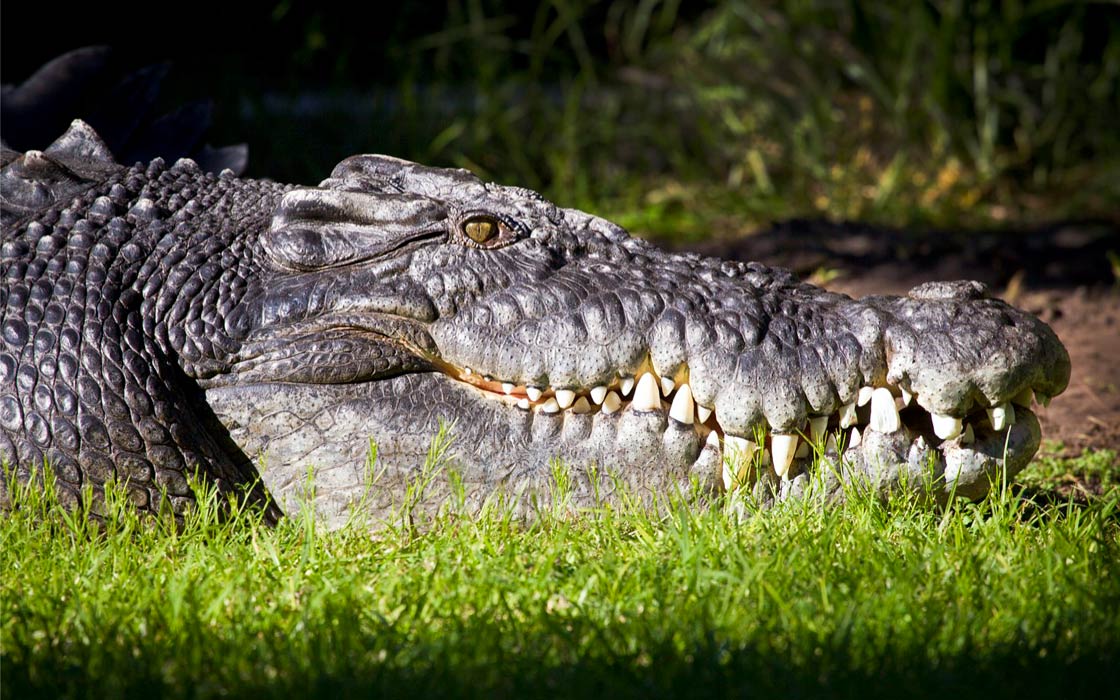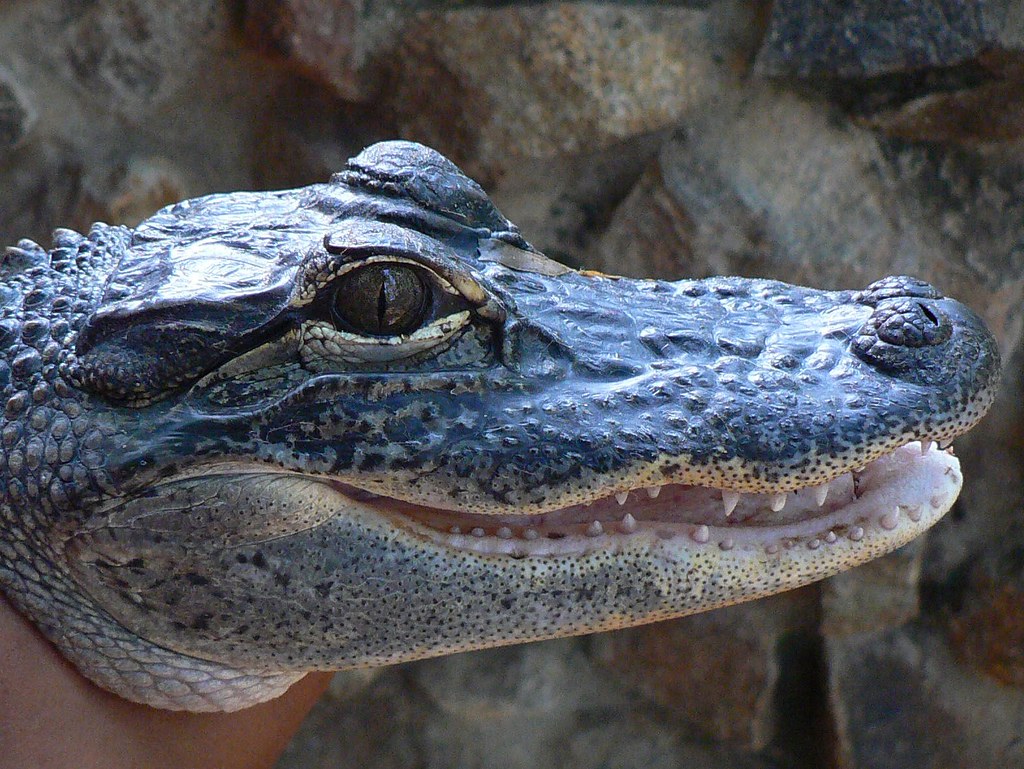
Crocodile Face Close Up · Free Stock Photo
Crocodiles have sensitive hearing ranges of 100 to 3000 hertz and up to 8000 hertz, allowing them to see frequencies up to a certain threshold. A hearing-equipped animal can communicate as well as identify prey and predators. Crocodiles are sensitive to vibrations. They hunt, search, and communicate with each other using this device.

Free Images wildlife, reptile, fauna, vertebrate, dangerous, everglades, crocodilia, hir
The answer is yes, crocodiles do have ears, but they are not quite like ours. While their ears are not visible on the outside, they are located on the side s of their heads, just behind their eyes. These ears are covered by flaps of skin, which protect them from water and debris.

Crocodile Free Stock Photo Public Domain Pictures
Crocodiles Have Excellent Hearing: Here's Why by Romero Esposito | Dec 26, 2022 | Crocodiles If you're wondering how good a crocodile's hearing is, you may be surprised to learn that they are able to hear quite well. In fact, their hearing is so sensitive that they can even detect the faintest of sounds.

Free picture upclose, front, adult, alligator, reptile, alligator, mississippiensis
Crocodiles are large reptiles found in tropical regions of Africa, Asia, the Americas and Australia. They are members of the order Crocodilia, which also includes caimans, gharials and alligators.

Crocodile head hires stock photography and images Alamy
1. Crocodiles are carnivores, which generally means they eat only meat. However, a recent study proved they enjoy eating fruit. The 2013 study concluled " there is little doubt that on occasion, fruit is deliberately consumed, often in large quantities ", along with their normal meat-heavy diets of mammals, birds, and fish. 1 2.

Crocodiles Head Free Stock Photo Public Domain Pictures
Crocodiles, unlike most other animals, have excellent hearing, allowing them to track down prey. When they are hunting for food in an especially dark or cloudy environment, their hearing is critical. They occasionally find prey by smelling it. Crocodiles are well-equipped to detect vibrations.

Saltwater crocodile (Crocodylus porosus)
The San Diego Zoo indicates that a crocodile's sense of hearing is excellent. Since their ears and eyes are located high on their heads, crocodiles can remain mostly underwater and still hear and see well when hunting, UF indicates.

American Crocodile (Crocodylus acutus)
But, can crocodiles hear? Let's explore this today! Crocodiles can hear, in fact, they have a strong hearing sense that is often compared with that of elephants. Their hearing range varies b/w 100-3000 Hz, which means they can detect high-pitched sounds that even humans can't hear.

Crocodile Facts, History, Useful Information and Amazing Pictures
Crocodiles' hearing is most sensitive when playing on a grand piano between the second and seventh octaves, with a sensitivity of 100 to 3000 Hz. Crocodiles have the ability to detect frequencies as high as 8000 Hz. Can Crocodiles Talk? Crocodiles communicate with Caimans, Alligators, and Gharials, among other things.

Animal Crocodile Free Stock Photo Public Domain Pictures
Crocodiles can live almost as long as humans and maintain good hearing throughout their lives, whereas 1.2 billion people worldwide have some sort of hearing impairment.

Do crocodiles have ears and how well can they hear? Fauna Facts
Crocodiles' hearing is most sensitive in the range of 100-3000 Hz, which on a grand piano corresponds to the middle of the second octave up to the middle of the seventh and highest octave. Crocodiles can detect frequencies as high as 8000 Hz. Frequency affects which of two sound location cues crocodiles and other vertebrate species use.

Nile Crocodile National Geographic Crocodile pictures, Nile crocodile, Saltwater crocodile
Crocodiles have excellent hearing that is adapted for being on land and underwater. One distinctive characteristic is that the receptors' sensitivity to different pitches is affected by external temperature, making it perfect for different kinds of dangers in different environments during evolution.

Free picture crocodile, head
The Importance of Hearing in Crocodiles' Lives. Hearing is an essential sense for crocodiles, as it allows them to detect prey, predators, and other crocodiles. Crocodiles are known for their keen senses, and their hearing is no exception. Their ability to hear is so acute that they can hear sounds that are too faint for humans to detect.

Crocodiles Large Carnivorous Reptiles That Call Freshwater Rivers Lakes And Swamps Home
Crocodiles ( family Crocodylidae) or true crocodiles are large semiaquatic reptiles that live throughout the tropics in Africa, Asia, the Americas and Australia.

American Alligator When you learn about crocodilians, the … Flickr
By Chris / May 24, 2022 Crocodiles make several sounds. Baby crocs yelp and chirp. Adult crocodiles hiss and bellow. These sounds mean something, too. A hiss is a warning—similar to what snakes do. A yelp is a cry for the mother, and a bellow is a mating call. Bellowing is also a signal of claiming territory. What You Will Learn show

Crocodile Reptile Animal · Free photo on Pixabay
All crocodiles have rather keen hearing and have an external ear made up of a short tube closed by a strong valvular flap that ends at the tympanum. The American alligator ( Alligator mississippiensis) can hear sounds within a range of 50 to 4,000 hertz.